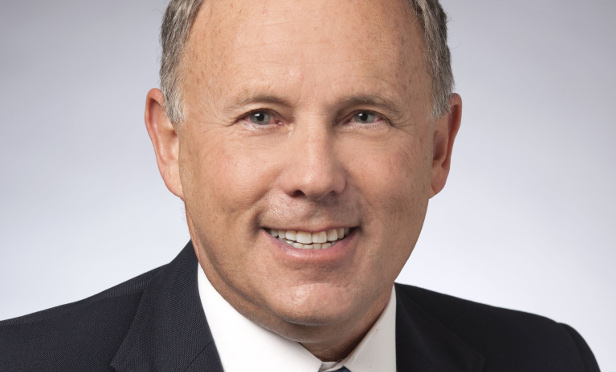
SAN DIEGO—California's “arcane and convoluted” attorneys' fee rules are heavily weighted against businesses and developers, according to Richard Schulman, a land-use attorney with Hecht Solberg Robinson Goldberg & Bagley LLP. And, he maintains, they just became more onerous: a California Court of Appeal recently ruled that the loser of a lawsuit could not be ordered to pay its opponent's attorneys' fees because the loser was a historic preservation group whose goals the court endorsed (even after finding that the group's arguments in that particular case were wrong). GlobeSt.com discusses the issue with Schulman and what it means for developers.
GlobeSt.com: What is the “American Rule” regarding attorneys' fees and how has it changed?
Schulman: The traditional “American Rule” was that each side of a lawsuit bore its own attorneys' fees. For decades, in California and most states, the winner got its fees reimbursed by the loser only if there was a specific law in place or if the case arose from a contract with a “prevailing party” clause saying the winner received a fee award. California's Supreme Court didn't like the American Rule, so in the late 1970s it judicially created a new rule (the “private attorney general” fee award), directly contrary to the law at the time.
GlobeSt.com: What is the “private attorney general” fee award and how is it used?
Schulman: The rule created by the state Supreme Court was that if someone won a lawsuit for the public good at a disproportionate cost to his or her own interest, the loser would pay their fees. The Legislature eventually formalized it, but the state's judges have shaped the rule in court to favor people whose politics they like—for instance, the historic preservation group mentioned earlier. In practice, judges now even award fees to people who lost lawsuits if they were a “catalyst” for action. Also, fee awards can greatly exceed what the opposition's lawyers had actually charged their own clients.
GlobeSt.com: What does this mean for the development community?
Schulman: It is another risky and potentially large cost of doing business in this state. This affects all businesses and many private parties in California, not just developers; worse, it is only one of many ways in which the state's judges have tilted the playing field. For instance, judges in another case “interpreted” a law saying the loser of a lawsuit “shall” (i.e., must) pay the winner's fees to mean that losing individuals need not pay winning businesses.
GlobeSt.com: How can developers protect themselves?
Schulman: Again, this affects all businesses and many private parties in the state—not just developers. One way is to have a carefully drafted “prevailing party” clause if a written contract is involved. A developer can have a right to fees if a city rejects a density bonus project on spurious grounds, but that requires providing price-restricted housing. The private attorney general fee doctrine frequently comes up in connection with challenges to permits, so businesses must make sure to dot their i's and cross their t's in administrative processes.
***Richard Schulman's views and opinions are not official views or opinions of the firm Hecht Solberg Robinson Goldberg & Bagley LLP.
© 2025 ALM Global, LLC, All Rights Reserved. Request academic re-use from www.copyright.com. All other uses, submit a request to [email protected]. For more information visit Asset & Logo Licensing.








